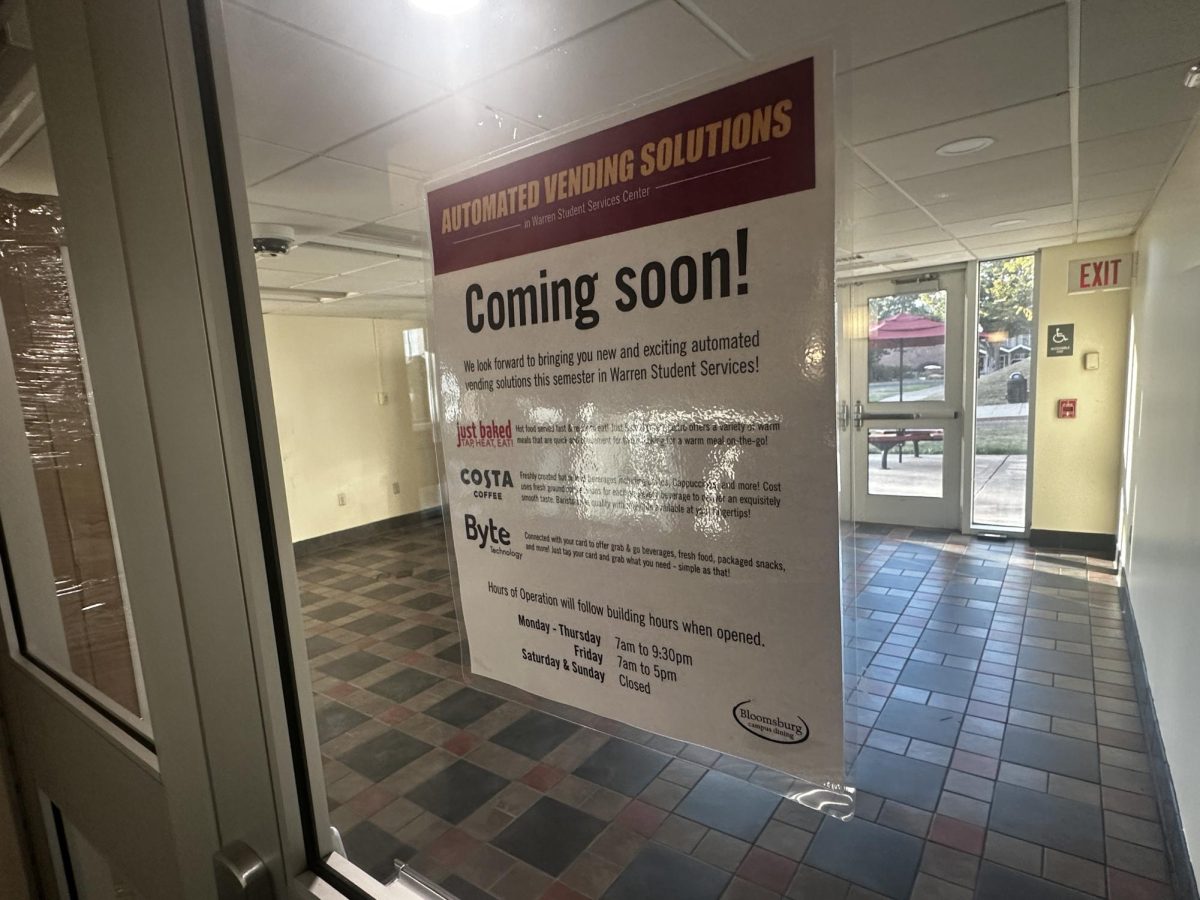
Serena Williams lost in straight sets to Naomi Osaka on Saturday. Williams was penalized one game and one point for code violations during the match.
The 2018 US Open was one for the time capsules, but it will be remembered for one controversial match that may have signaled a turning point in 21st-century tennis.
Sure, there were five-set wars of attrition in the men’s quarterfinals, a heartbreaking forfeit by Nadal in the semis, incredible upsets in the women’s bracket and a ridiculous shot by Federer that left Nick Kyrgios in shock.
In the men’s final, Novak Djokovic bested Juan Martín del Potro in straight sets to claim his third US Open championship. Djoker shot up three spots in the world rankings and now sits at number three behind Nadal and Federer.
Ashleigh Barty and CoCo Vandeweghe upset the second-seeded team of Tímea Babos and Kristina Mladenovic to claim the Women’s Doubles title. Mike Bryan and Jack Sock cruised past Łukasz Kubot and Marcelo Melo in the Men’s Doubles final, a career first for Sock and the sixth win for Bryan.
But those weren’t the stories everyone was talking about after the finals at Arthur Ashe last weekend. The bewildering Women’s Singles championship match was what grabbed the most headlines.
It was a true underdog story as Naomi Osaka stepped onto the court against Serena Williams, who was riding a wave of momentum from her success-story comeback. Williams suffered from serious childbirth complications in Sept. 2017, making a return to tour uncertain for the new mother and former world number-one.
Serena turned her pregnancy struggles into inspiration, drawing public and media attention to the lack of lifesaving drugs and medical equipment for mothers worldwide.
Osaka, however, had no such publicity. She took down Maria Sharapova, Karolína Plíšková and Simona Halep en route to winning the 2018 Indian Wells Masters in March before entering the US Open seeded twentieth. She made her way to the semis rather easily and defeated fourteenth-seed Madison Keys to punch her ticket to the finals.
Williams and Osaka had dueled only once before facing off at Arthur Ashe Stadium. Osaka won in straight sets in the first round of the 2018 Miami Open.
There was history waiting to be made on both sides of the finals court. Osaka was attempting to become the first Japanese player in history to claim a Grand Slam title. Serena was shooting for Margaret Court’s record of 24 career Grand Slams, a total that Serena trails by one.
Osaka seized a surprising early lead, winning the opening set 6-2. Williams was up 1-0 in the second when chair umpire Carlos Ramos called a violation against her for alleged coaching. Replays show her coach, Patrick Mouratoglou, making gestures with his hands. He later admitted to signaling some coaching from the player’s box but believed Williams was unaware of his coaching attempts.
Williams discussed the matter twice with Ramos over the following two games, telling him “I don’t cheat to win. I’d rather lose. I’m just letting you know.”
An unforced backhand error by Williams a few games later prompted her to slam her racquet on the court, for which Ramos handed her a second code violation. Per code violation rules, the next game started with Osaka at a 15-0 advantage.
Williams took issue with the penalty and brought up the first code violation, telling Ramos that he owed her an apology and saying that he would never do another one of her matches. “I have a daughter and I stand by what is right for her,” Williams insisted, referring to her one-year-old child, Alexis Olympia.
Osaka held serve to level the set 3-3 and broke Serena’s next serve to overtake Williams’ lead. Williams continued to shout Ramos down, calling him a “liar” and a “thief” for “stealing” a point after the racquet abuse violation.
In turn, Ramos delivered a third code violation, this time for verbal abuse, which gave Osaka the next game automatically and put her up 5-3. Williams spoke heatedly to WTA supervisor Donna Kelso and tournament director Brian Earley, claiming that the umpire was handing her unfair penalties because she was a woman and that male players had gotten away with worse behavior in the past.
Williams held her next serve to take the set to 5-4, but it was Osaka who fired the match-ending serve to win 6-2, 6-4 and close out the chaotic affair.
Divided reactions have poured in from media outlets and tennis icons around the world. Billie Jean King, Andy Roddick, Victoria Azarenka and others have voiced their criticisms of the penalties against Serena and supported her in calling out the perceived double standard. Only days later, Williams was fined $17,000 for the code violations during the match.
And in the midst of all this, Naomi Osaka is the forgotten woman.
Not in Japan, of course, where she’s getting the national hero treatment. Days removed from the match, she’s still making the newspapers and remains the hottest discussion topic on television, which is remarkable given that multi-ethnic identity is still a contested issue in Japan. Osaka was born to a Japanese mother and a Haitian-American father. Yomiuri Shimbun, the biggest newspaper in Japan, said that Osaka is “a new heroine that Japan is proud of.”
Tennis coverage in the United States, however, would do well to remember this: the shy 20-year-old who quoted the Pokémon theme song during a press conference toppled a living legend and now sits at number seven in world tennis rankings. She was ranked nineteenth prior to the match with Serena.
After a Women’s Singles final that may have altered the trajectory of modern tennis, only a few things are clear. The tension over tennis’ apparent double standard has long been brewing. At Arthur Ashe on Saturday, it finally boiled over.
For Serena, a record-tying twenty-fourth Grand Slam is still within reach. For Osaka, this is the first big win in a career that will be full of crowning moments.

Naomi Osaka is the first Japanese player in history to win a Grand Slam title. She jumped twelve places up the world singles rankings to number seven after defeating Serena Williams in the final.





















